Raghuram Ramanujan, Mathematics and Computer Science, Davidson College
Note: This seminar takes place at Discovery Place.
The nature of human intelligence, and the question of the extent to which human thought processes can be automated, has occupied the minds of many great thinkers down the ages, including the likes of Aristotle, Leonardo da Vinci, Thomas Hobbes, and Gottfried Leibniz. However, the technological realities of their days meant that the field of Artificial Intelligence (AI) only began to take shape following the invention of the digital computer in the mid-20th century. Alan Turing, one of the first scientists to truly appreciate the universality of computation, set the agenda for AI research in a landmark paper titled “Computing Machinery and Intelligence”. Sixty years on, we are finally beginning to see early signs of success in the pursuit of Turing’s dream.
This seminar will introduce participants to mathematical and algorithmic ideas from four major AI sub-fields:
1) Learning: How do we design systems that “learn” from experience? You have probably already encountered some of these systems in your everyday life — Netflix, for example, makes movie recommendations based on your viewing history. Google seems to be able to read your mind, when it offers its “Did you mean?” corrections to your mistyped search queries. How are these systems predicting your intents based on their knowledge of your preferences?
2) Reasoning and planning: How do we build systems that can think strategically and construct complex plans of action to win a game of Chess, or help a robot navigate a room?
3) Understanding language: How do we design systems that can interact with humans using “natural” languages such as English or Spanish? How did IBM’s Watson system defeat Ken Jennings at Jeopardy, and how does Apple’s Siri understand your voice commands?
4) Creativity: Can a computer tell a joke? Solve a New York Times crossword puzzle? Compose music? Construct novel scientific theories? (Short answer: yes, to varying degrees of success). We will explore the problem of computational (and human!) creativity, connecting it to the deepest open question in all of mathematics today: does P = NP?
Note that no computer science or programming background is necessary to participate in this seminar.
Explore curriculum units developed by Fellows in this seminar here.













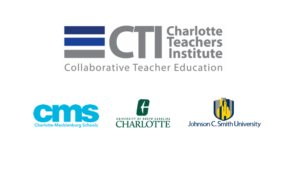
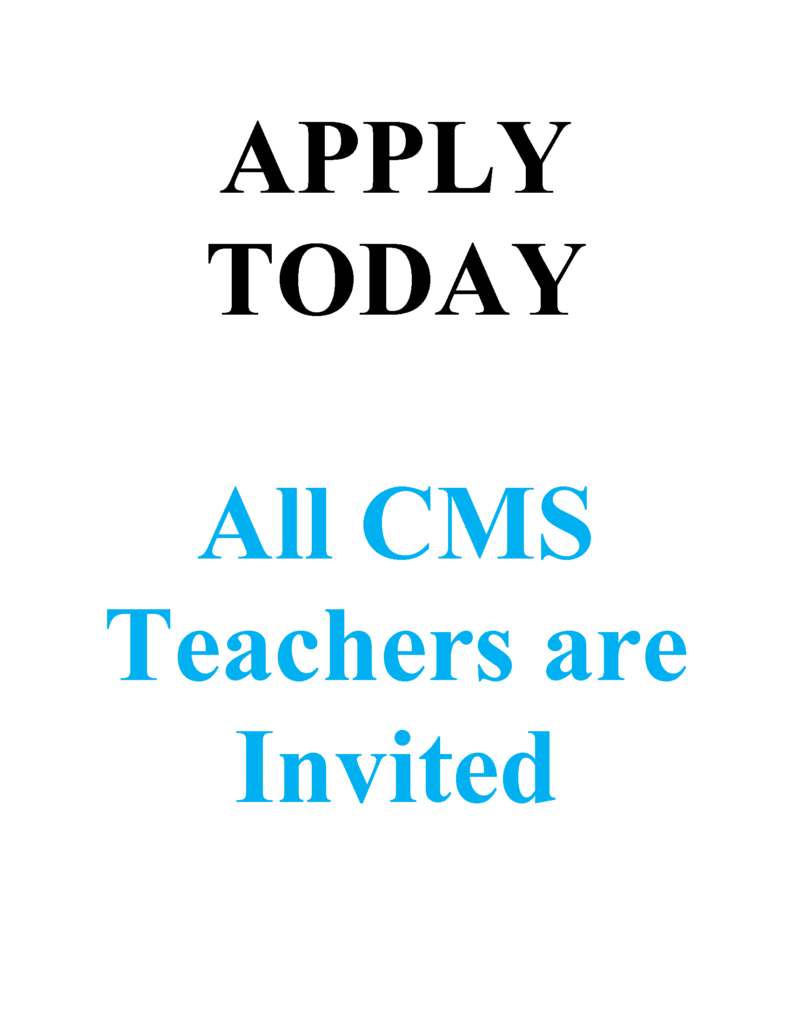
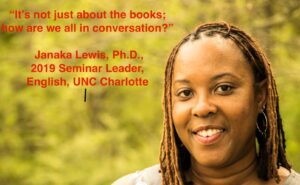
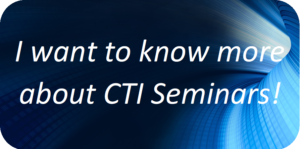
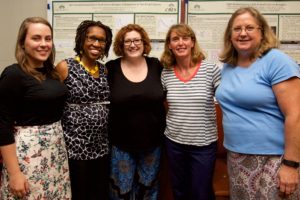
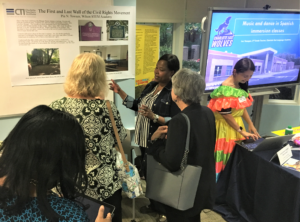
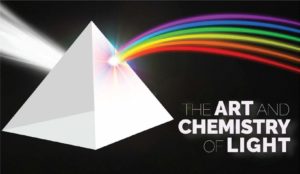




 Home
Home